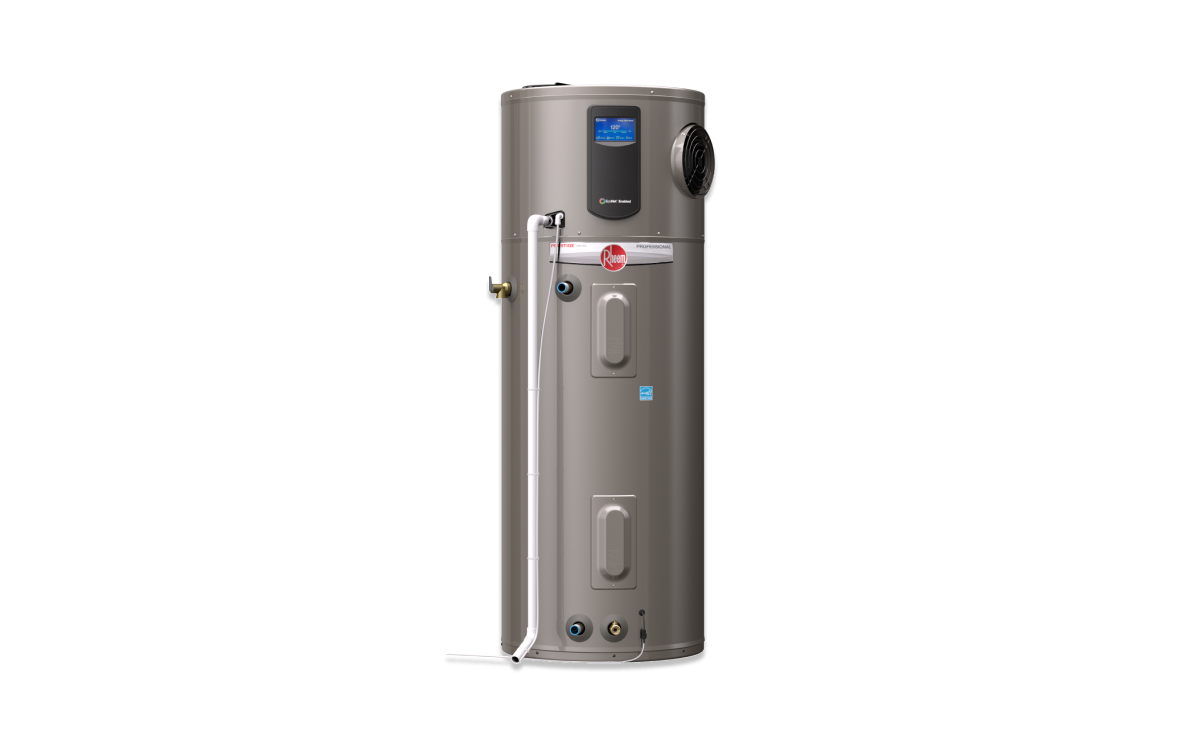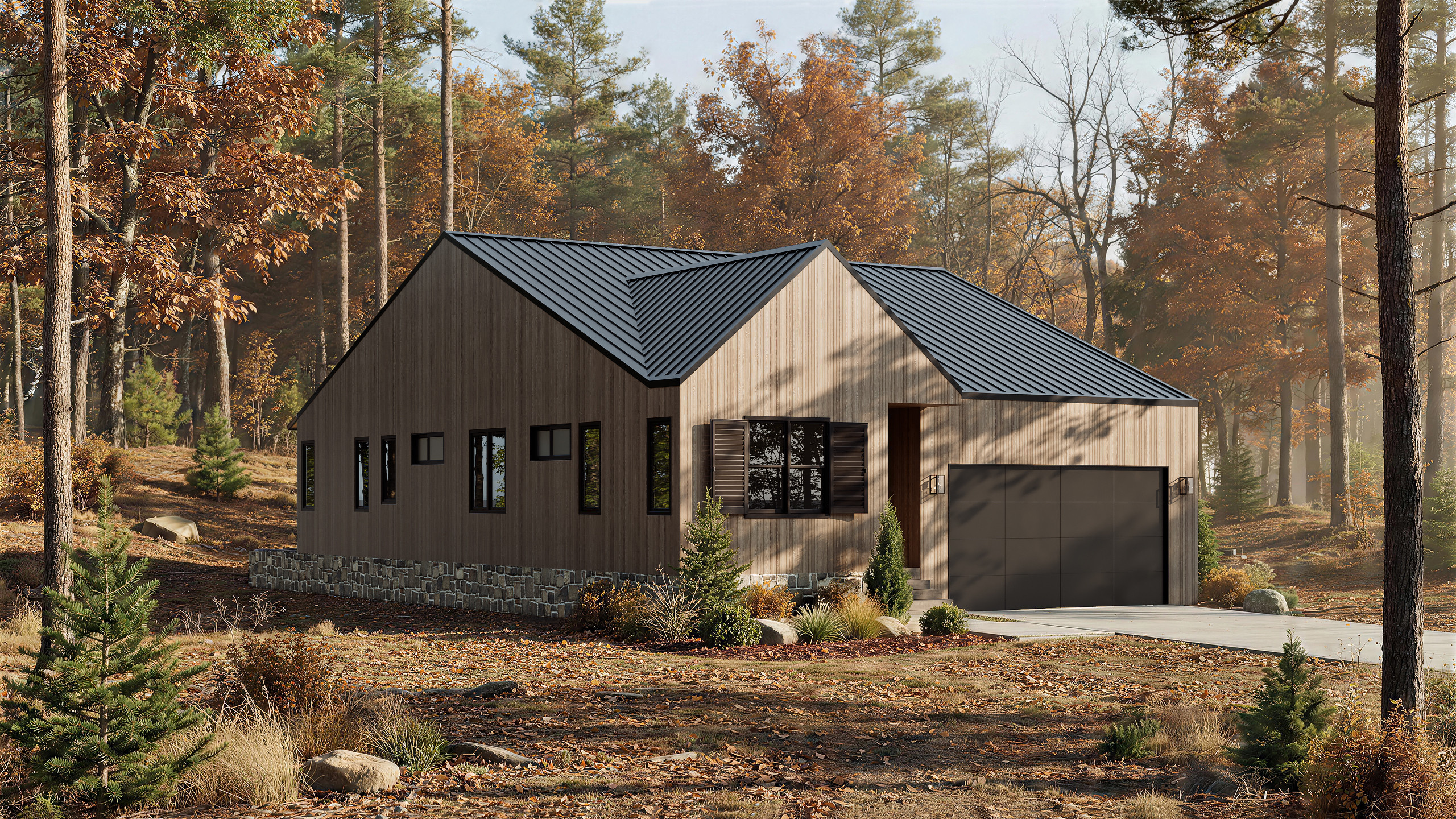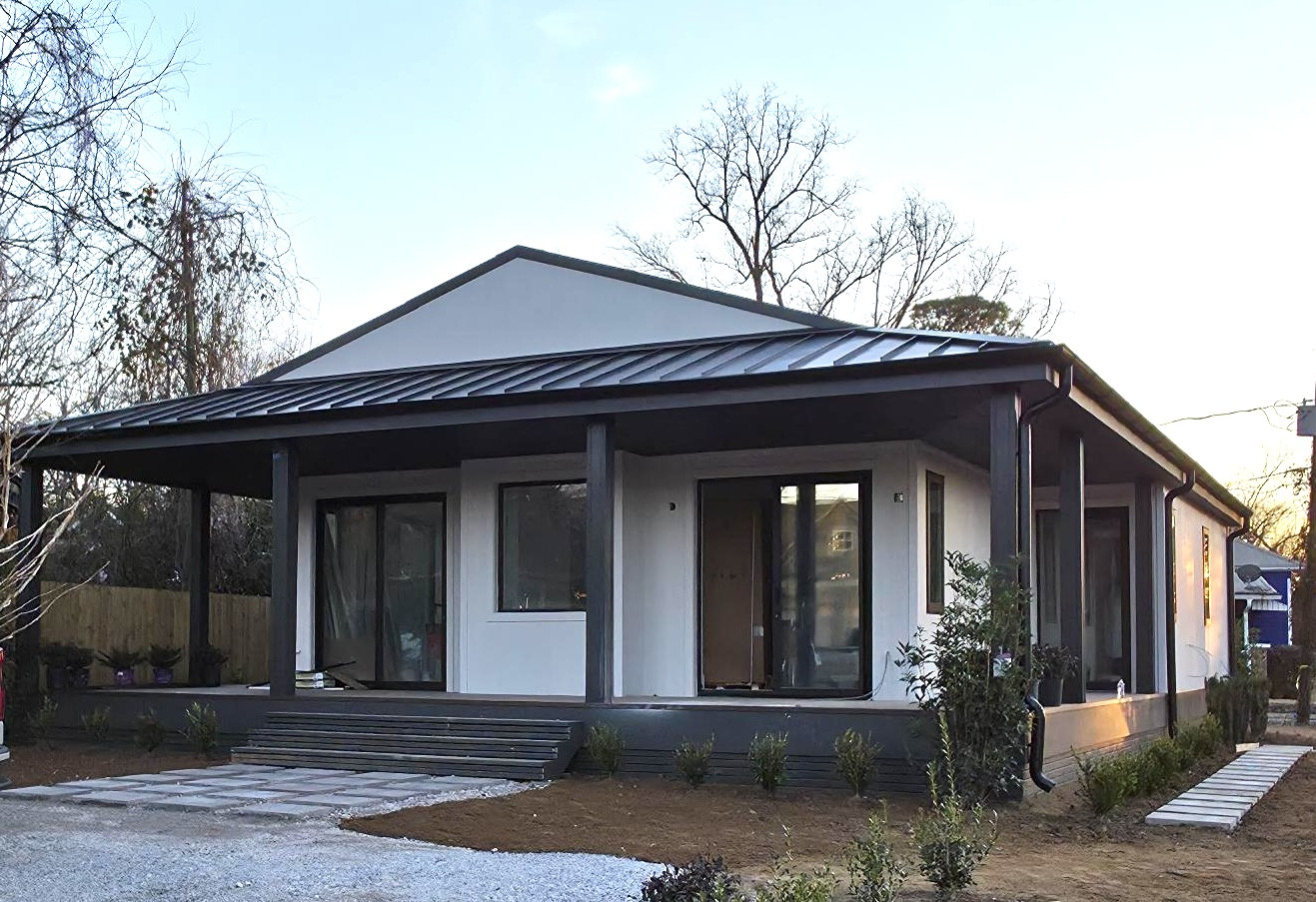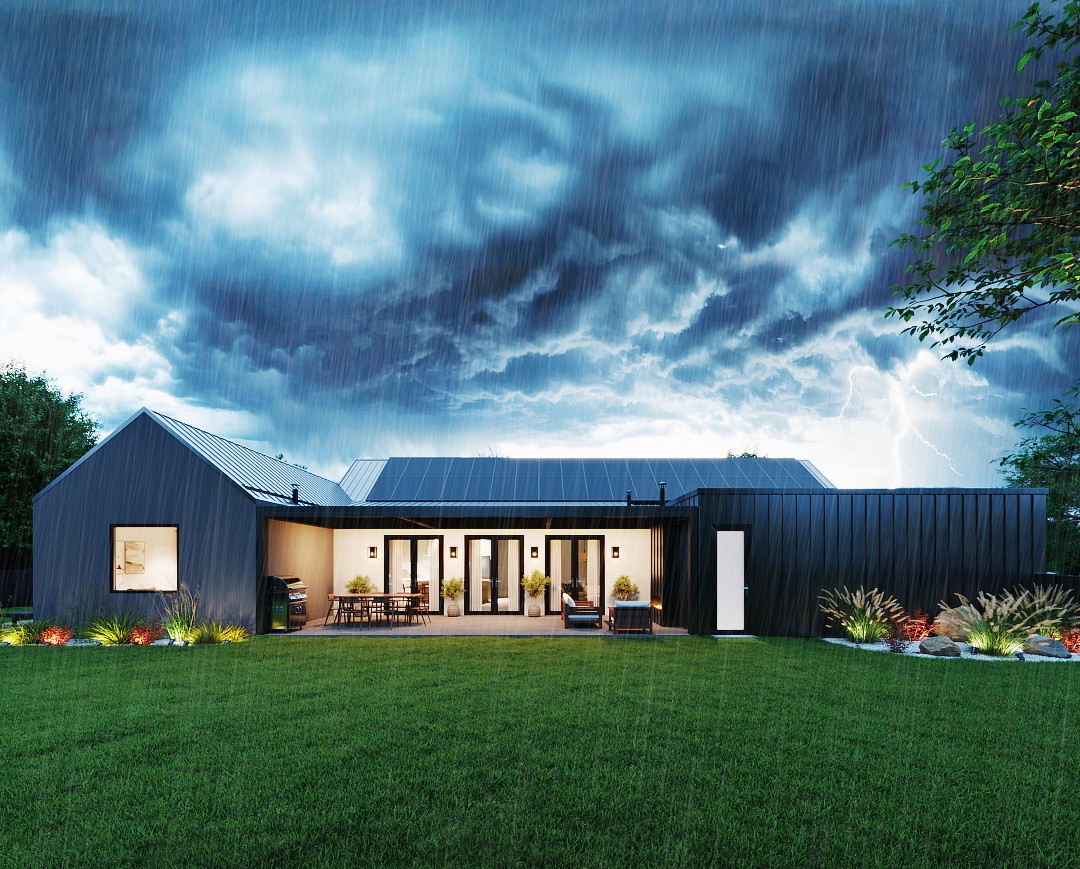Hot water, cool planet

The Inflation Reduction Act (IRA), the biggest climate bill in U.S. history, is about to change how Americans look at (and live with) energy efficiency. One estimate predicts that the IRA’s residential tax credits alone could save more American households $37 billion a year on their energy bills.
Did you know the act offers homeowners several financial incentives for buying climate-friendly technologies? If not, we’re not surprised. The utility companies aren’t exactly shouting the news from the solar rooftops.
Stick it to the man
We’ve already looked at a few of the solutions utility companies hate, like induction stoves, insulation, and heat pumps.
Now let’s look at heat pump water heaters.
Today, water heaters (of all types) account for about 18 percent of the nation’s household energy consumption—more than refrigeration and cooking combined.
The IRA provides an incentive to homeowners for 30 percent of the costs of buying and installing a heat pump water heater, up to $2,000. To qualify, the water heater must meet the Consortium for Energy Efficiency’s highest tier of efficiency.
According to Energy.gov, heat pump water heaters are two to three times more energy-efficient than traditional water heaters, mainly because they don’t have to work as hard to create heat.
Which means they don’t use as much energy.
Which means you pay less to the utility companies.
Utility companies definitely don’t like this.
Bonus fact: heat pump water heaters produce zero carbon emissions.
How do heat pump water heaters work?
Unlike a traditional hot water heater, heat pump water heaters (and their cousins, hybrid water heaters) don’t have to generate heat from scratch. Instead, they move heat from one place to another using electricity.
Once it pulls in ambient warm air (40 degrees F or above is best, and hybrid models can go even lower), the water heater uses pressure to heat up and evaporate refrigerant. This hot refrigerant gas runs through inner coils that cause the water to heat up. The now-cooler refrigerant condenses back to liquid form and cycles back through the system to start over again.
Hybrid water heaters get that name because they include backup electric resistance elements, like conventional water heaters, that can augment the hot water if your demand outruns your supply.
You can get this hybrid system as an integrated unit. You can also retrofit one to work with your existing conventional storage water heater.
Is there a catch?
Well, there’s the cost. A standard 50-gallon hot water heater can cost anywhere from $500 to $1,000 (not including installation) while a heat pump water heater can cost between $1,500 and $3,000.
But between those federal tax incentives and state-sponsored sales rebates, energy-efficient heat pump water heaters can actually be a more affordable purchase than you might fear.
Buying an Energy Star-rated heat pump water heater may qualify you for these deals and save you hundreds of dollars. Most homeowners can pay back the up-front cost within the first year alone.
Older generations of heat pump water heaters weren’t always recommended for homeowners in cold climates. But Energy.gov says today’s models get the job done just fine.
Another caveat: Those of us who aren’t skilled plumbers (i.e., the majority of the population) will need to rely on a licensed contractor to buy and install a new heater. They know how to navigate the permitting red tape required by many municipalities, too.
But look for a contractor with some experience with heat pump water heaters. Some shadier dudes might try to steer you toward more familiar, power-guzzling options.
Is it worth getting a heat pump water heater?
We think so. With a savings of nearly $300 a year, you can quickly pay off their higher upfront cost and begin cutting your electric bill. Plus you get the extra environmental benefit of consuming less electricity.
At Momo, we’re busy outfitting all of our homes with energy-efficient solutions like heat pump water heaters. We know our homeowners can think of other things to spend their money on besides energy bills.
Cheers,
Mike
Mike McAllister is head of story for Momo Homes.
Track the global transition to sustainable homebuilding.
Subscribe to the Momo Focus newsletter.






